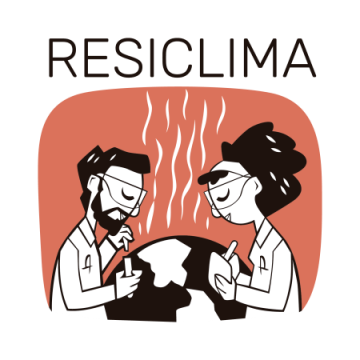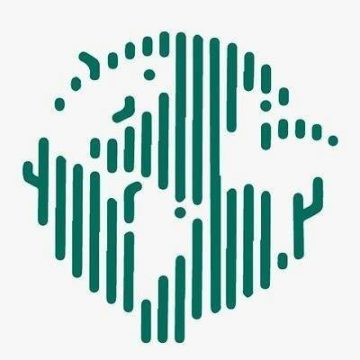Collaborations
LACOS 21
LACOS 21 – Laboratório de Conservacão no Século 21 (or 21st Century Conservation Lab) is a multi- and inter-disciplinary research group focusing on topics related to conservation biogeography, ecology and evolution, conservation action and science culture. LACOS 21 is based at the Federal University of Alagoas (UFAL) in Brazil and is led by Prof. Richard Ladle and Prof. Ana Malhado.
The BISONS Lab has several active collaborations with LACOS 21, including co-supervision of PhD students and international exchanges. Both labs integrate a project recently funded by the the Brazilian National Council for Scientific and Technological Development (CNPq) which focuses on developing a revised conceptual framework for shortfalls in knowledge of global biodiversity data.
 HELICS
HELICS
The Helsinki Lab of Interdisciplinary Conservation Science (HELICS) is an interdisciplinary team based at the University of Helsinki with expertise in conservation science, geography, computer science, social sciences and economics. The lab develops methods and analyses that can help investigate human-nature interactions to inform conservation policy-making. The team carries out global to local analyses, by integrating traditional and novel digital data sources, and is interested in finding sustainable solutions that can support both biodiversity and people. HELICS was established in April 2019 and is led by Prof. Enrico Di Minin.
 RESICLIMA Network
RESICLIMA Network
RESICLIMA is an institutional collaboration between researchers dedicated to the study of climate change. Led by Prof. Ulysses Paulino Albuquerque and funded by the Brazilian National Council for Scientific and Technological Development (CNPq), it includes academics from various Brazilian universities including UFPE, UFRPE, UFPB, UPE, UFMA, Unifesspa, USP, UnB, UFRN, PUC-Rio, UFU, and internationally from Universidad Nacional del Comahue (Argentina), Universidad Autónoma del Estado de Hidalgo (México), University of Michigan (EUA) and University of Turku (represented by the BISONS Lab). The network promotes an integrated approach to understand the various dimension of climate change and their implications.
A central pillar of the RESICLIMA network is to deepen our understanding of the relationship between human beings and the climate. How do we perceived environmental change? How do we react and adapt to those changes? The network endeavors to explore these and similar questions, seeking to identify factors that influence public engagement, perceptions, and individual and collective climate actions. It studies both physical and virtual environments, where discussions about climate are constantly evolving. The network also extends beyond research activities and aims to disseminate information and foster education about climate change. It aligns with the United Nations’s Sustainable Development Goals (SDGs), particularly that related to Climate Action. In doing so, the network seeks to actively contribute to promote education, awareness and capacity-building about climate change, thus preparing communities and institutions to face resiliently the challenges imposed by climate change.
